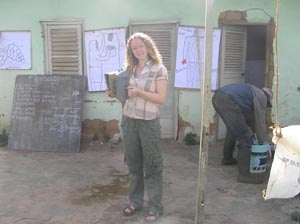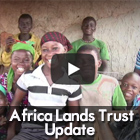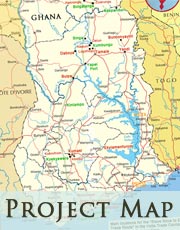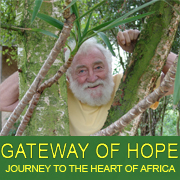
Here is just one of our many linked projects we act as a PR Agency for and sell their ethical goods increaingly online. See the Trading Roots Shop here
![]()
 More than 40 mammal species are traded and consumed as bushmeat in Lebialem Division, Southwest Province, Cameroon. Bushmeat is primarily of economic importance to hunters in this rural area, with the majority being sold to create income rather than consumed. The Cross River gorilla (Gorilla gorilla diehli), Nigeria-Cameroon chimpanzee (Pan troglodytes vellerosus) and drill (Mandrillus leucophaeus) are targeted by hunters because trade price increases with body mass. Mammals are perceived to be depleting in numbers as hunters struggle to return with adequate catches to financially support their families, thus hunter receptivity to alternatives is high.
More than 40 mammal species are traded and consumed as bushmeat in Lebialem Division, Southwest Province, Cameroon. Bushmeat is primarily of economic importance to hunters in this rural area, with the majority being sold to create income rather than consumed. The Cross River gorilla (Gorilla gorilla diehli), Nigeria-Cameroon chimpanzee (Pan troglodytes vellerosus) and drill (Mandrillus leucophaeus) are targeted by hunters because trade price increases with body mass. Mammals are perceived to be depleting in numbers as hunters struggle to return with adequate catches to financially support their families, thus hunter receptivity to alternatives is high.
The Lebialem Hunters’ Beekeeping Initiative aims to reduce financial dependence on bushmeat and the volume of species harvested by providing hunters with an alternative income source through beekeeping.
Train prominent bushmeat hunters in beekeeping practices and supply them with the necessary equipment and technical support.
Establish a beekeepers cooperative to form an organised network of producers, processors and distributors that can collectively market honey and bee products to obtain a fair price.
Implement an education programme, using materials provided by the Great Apes Film Initiative (GAFI),to explain to communities why emphasis is being placed on reducing reliance on bushmeat and why the harvesting of threatened species is being discouraged.
Assess how effective beekeeping can be as a bushmeat mitigation strategy and the impact beekeeping can have on standards of living through continuous monitoring and evaluation.


This initiative is a partnership of local and international NGOs coordinated by Juliet Wright, a masters graduate from Oxford Brookes University. Soon 125 hunters from 10 communities will have received beekeeper training and equipment. The market for honey and bee products in Cameroon is growing and will continue to grow with marketing investment. The ApiTrade Africa movement could see African honey making a significant inroad into international markets over the coming years. The development of an organised marketing and distribution process will raise the profile of beekeeping in Lebialem and attract further participants. Over time the project intends to work with an increasing proportion of each community’s hunters; reducing the hunting pressures on endangered species.
The Lebialem Hunters’ Beekeeping Initiative is grateful to the International Primatological Society (IPS), International Primate Protection League (IPPL), Primate Society of Great Britain (PSGB), Bees for Development (BfD) and many individuals for supporting and funding the project to date.
For more information visit the The Lebialem Hunters’ Beekeeping Initiative website here











